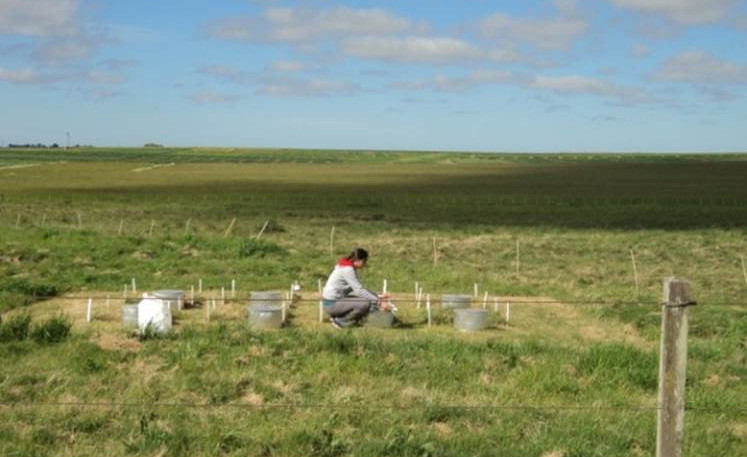Forum explores diversity and acceptance in sport
16 October 2023 | News
Last week’s 12th Annual Lincoln University Sport and Recreation Forum conveyed a message to overcome misconceptions about yourself and others.
Keynote speaker Campbell Johnstone, Lincoln alumnus and the first All Black to come out publicly as gay, said he had the misconception that he would not be accepted if people knew about his sexual orientation. He had to work to accept that he actually did fit the mould of what an All Black should be.
Campbell told the audience at the event, which is open to anybody in the field and also features presentations of Lincoln research, that it took him until his early twenties to realise being gay didn’t affect the outcome of his goal to wear the black jersey.
He came out publicly this year to help others accept themselves too.
"It was a humbling experience," he said of the many words of encouragement he received. He also discovered that the positive reaction to his coming out helped some people go back to the sports they loved, as they had previously thought they would be rejected.
"It's really cool, because sport is so important in our communities," Campbell said.
He encouraged the rainbow community to reach out to sports clubs, as he was sure they would be welcomed and supported.
Campbell said his teammates weren't concerned when he came out to them.
"They only wanted to keep on winning."
Guest speaker Andrew Rusbatch, co-founder of the Christchurch Heroes Trust, which aims to improve inclusivity for members of the LGBTQIA+ community, talked about making sport a a safe space.
He said he had previously not considered a rugby clubrooms aftermatch as being suitable for a gay team like the Heroes side. However, he thought the Heroes members probably had misconceptions around how the team would behave too.
"We proved each other wrong and learned from each other," he said, and he found it to be an accepting environment.
He said after overcoming their initial apprehensions, they were welcomed with open arms by sports clubs, and made the sideline their own to create a party-like atmosphere.
Fellow trust member Joanna Murphy said Heroes had experienced some challenges, such as needing more volunteers and funding. She also noted a drop in participation since the pandemic, although audience members said this was widespread.
Additionally, PhD student Nicole Spriggs presented her research on head impacts on female rugby players, with video footage of one collision leaving the audience a bit stunned.
Working in collaboration with University of Canterbury researchers, she followed a team throughout the season using smart mouthguards to measure impact, synchronising with video footage to find when it occurred.
She did MRI scans and cognitive testing pre and post season, to ascertain if there had been any changes in the players' brain function.
Undergraduate student Gabriella de Latour shared her research on strategies to engage communities in surf lifesaving, and said embracing cultural differences could be a way to improve it.
Learn more about Lincoln's Sport and Recreation Management programmes here.
Image above: Gabriella, left, and Nicole answered questions about their work as part of a panel.
Below: Audience members during the forum.


